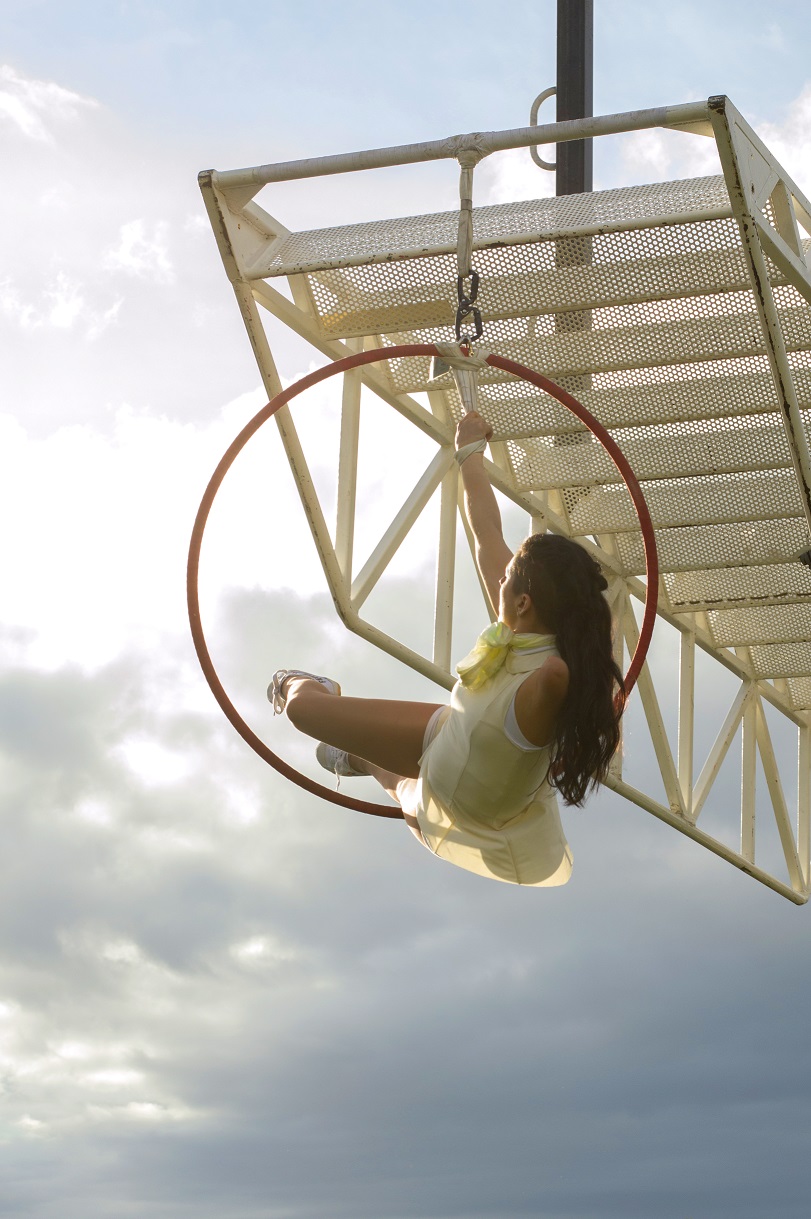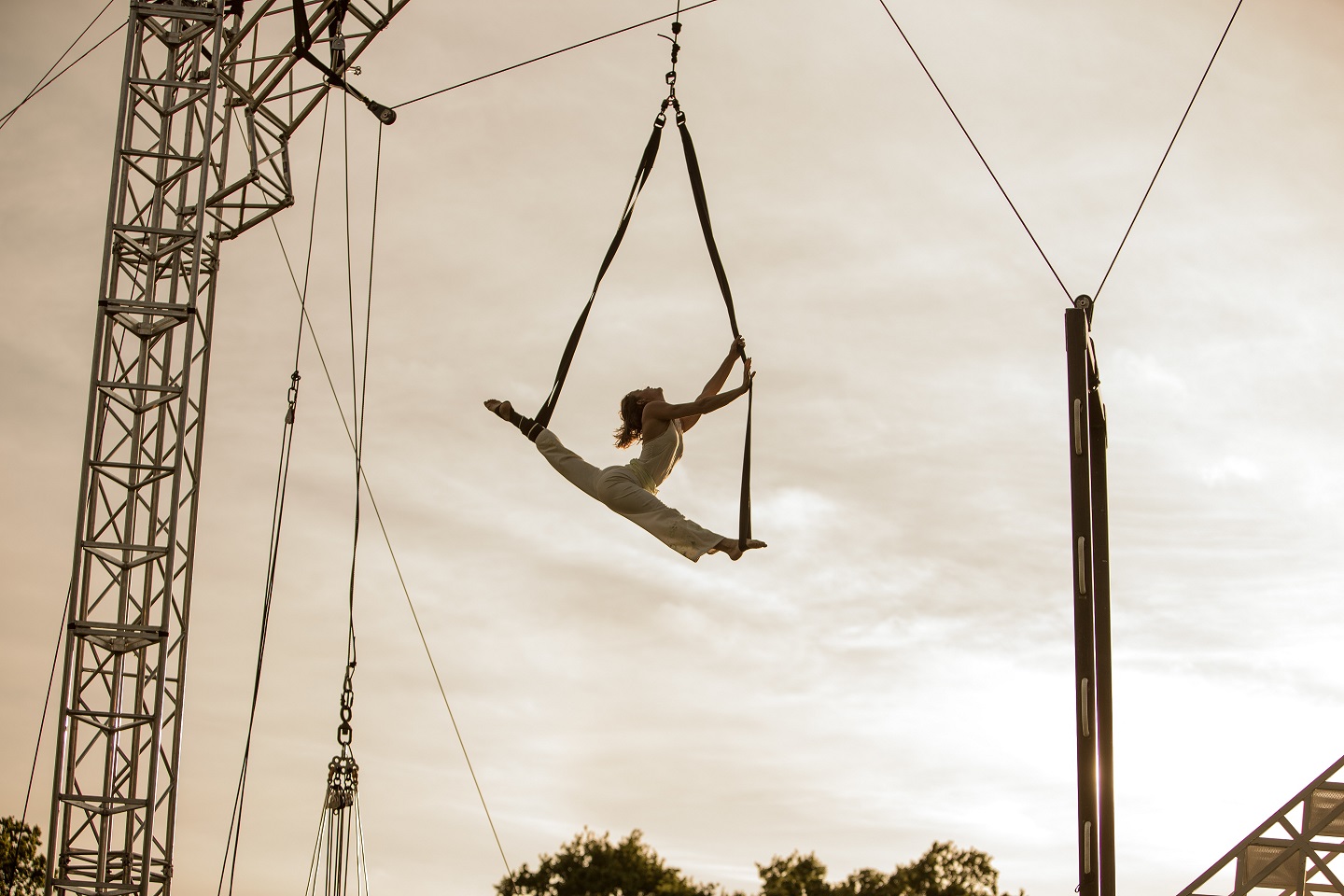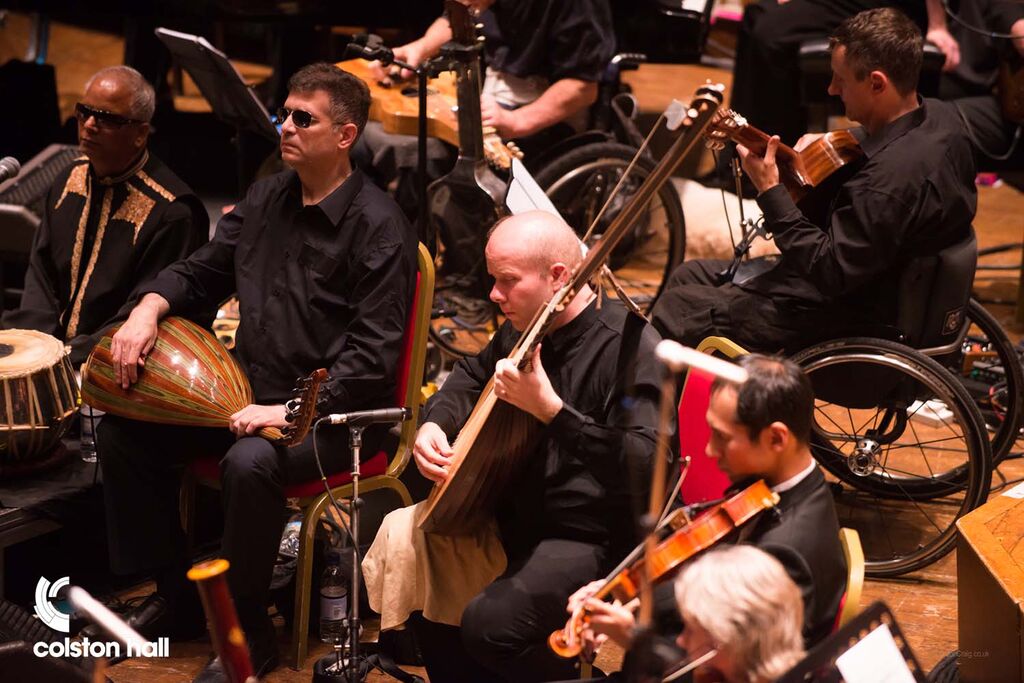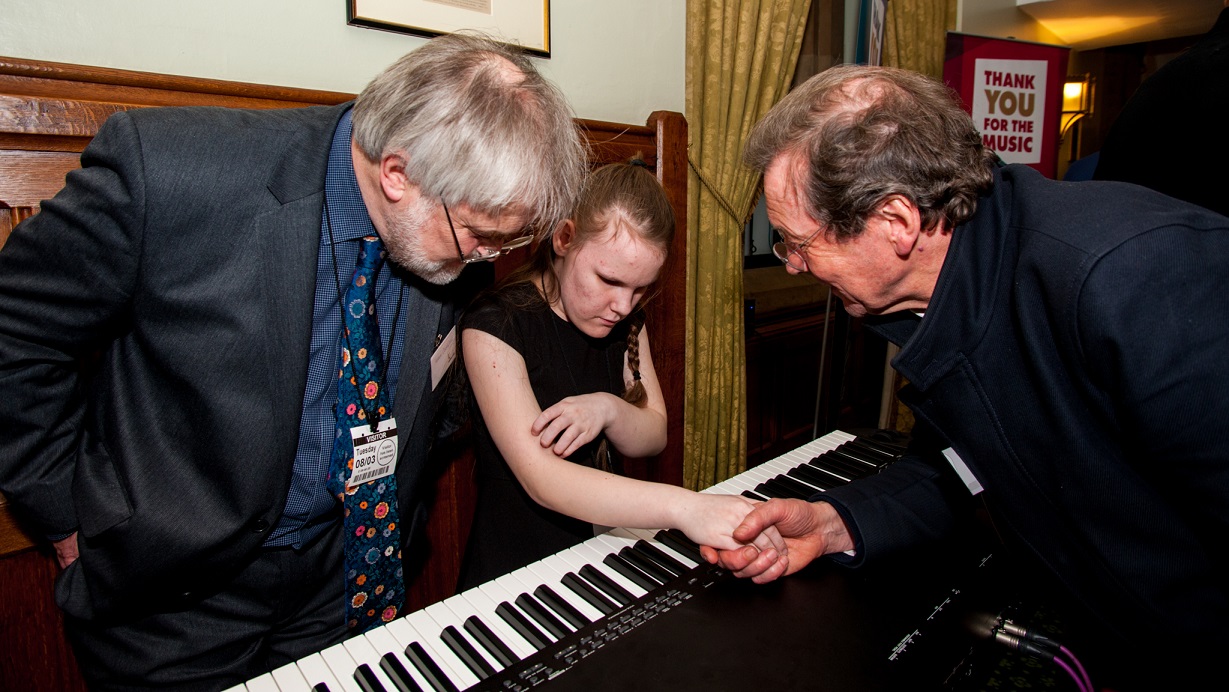
Across the country, there are a dozen government-funded centres for advanced training, providing specialist education for young musicians. But there is no such equivalent for their young disabled counterparts.
However, it is hoped that an arts festival, which opens next Friday, will strengthen a campaign for the first ever such facility for musicians with special education needs and disabilities.
Next week, Colston Hall in Bristol will be home to the second Fast Forward Festival, which champions accessible music making and arts. Performances include those from the Paraorchestra, the world’s first professional ensemble of disabled musicians, founded by conductor Charles Hazlewood in 2012. Integrated circus company Extraordinary Bodies is another headliner.

The return of the festival, which was launched last year, reflects the venue’s aim to champion arts accessibility and to contribute to a shift in perceptions of disability. As part of next week’s event, Colston Hall, run by Bristol Music Trust, is holding an exhibition involving the One Handed Musical Instrument Trust (the trust’s aim is to remove the barriers to music-making faced by disabled people).
Ruth Gould, artistic director of Liverpool based disability arts organisation DaDaFest, summed up the situation when I interviewed her recently, highlighting how negative assumptions about disability linger on in popular culture (“Lack of training, lack of educational opportunities, lack of work, lack of media and arts representation, demise of independent support, cuts in mobility allowance and personal assistance”.)
Colston Hall, run by independent charity Bristol Music Trust, wants to be home to the UK’s first centre for advanced training for disabled young musicians, both to encourage more opportunities for them to get qualifications and pursue a career in music, or just to be able to enjoy music. The aim of the campaign for a new centre, launched at the House of Commons earlier this year, is for the centre to train 2,500 young people from across England, and set a national benchmark for music accessibility.

The centre would form part of a £45m revamp of Colston Hall – Bristol council, the government and Arts Council have committed a total £25m so far – with new classrooms, state-of-the-art technology lab. The technology would include cutting edge instruments, such as those played by the flicker of an eye, or software that uses facial movements to control music.
Bristol Music Trust currently trains young disabled and special needs musicians, but the redevelopment would add new classrooms and a state-of-the-art technology lab will set new national accessibility standards. The venue, currently not accessible to disabled people, is due to close next summer for redevelopment; the plan is for it to reopen in 2019, fully accessible and home to the UK’s first specialist centre for the training of young disabled musicians.

The area is already home to the South-West Open Youth Orchestra which is the UK’s only disabled-led regional youth orchestra. The Paraorchestra also recently relocated to Bristol. The addition of a centre for advanced training at Colson Hall, supporters hope, would turn the region into a beacon for accessibility and equal opportunity.
* On the same topic of accessible arts, integration and young people, I recently came across an innovative music project that aims to raise awareness about visual impairment and sight loss. Musician Marie Naffah, a 23-year-old singer/songwriter, was inspired to explore blindness after her grandmother developed age-related macular degeneration. Marie wrote, recorded and performed a song while blindfolded and then collaborated with a group of six blind and visually impaired musicians to record the track, ‘Blindfold‘. Disability is not an obstacle to creativity or talent, as Marie says in a TEDx Talk at the Courtauld Institute that went live this week.
